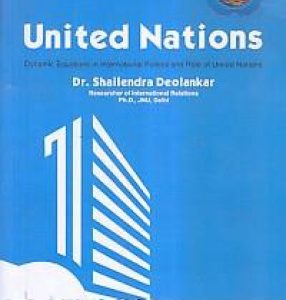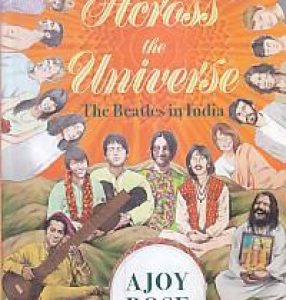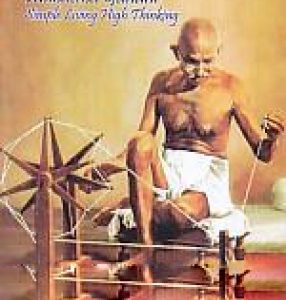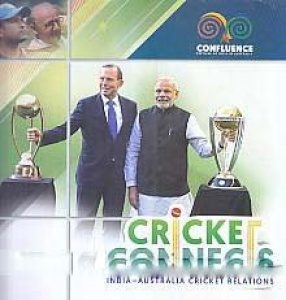
History

9650 books
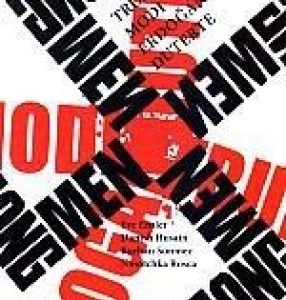
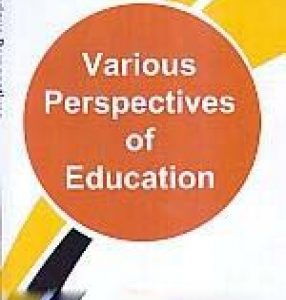
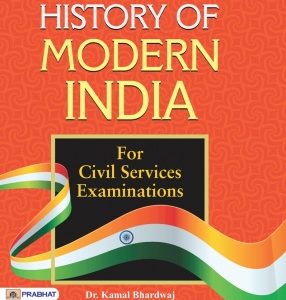
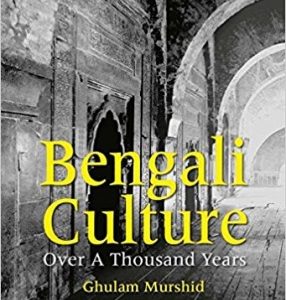
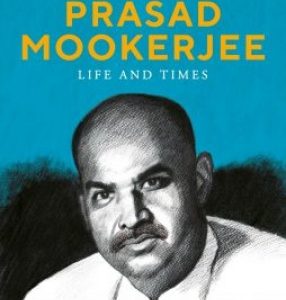
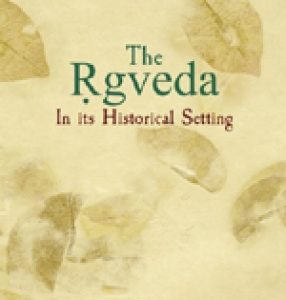
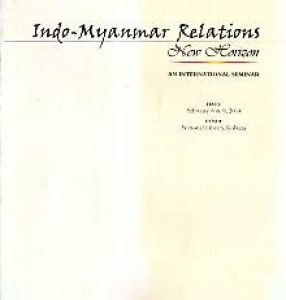

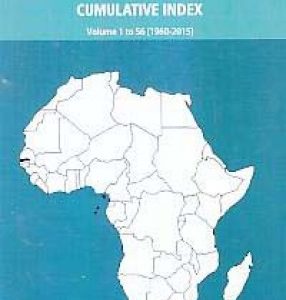
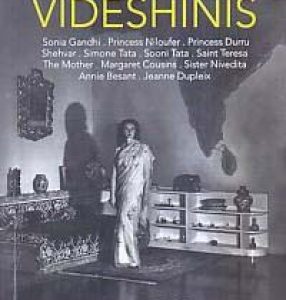
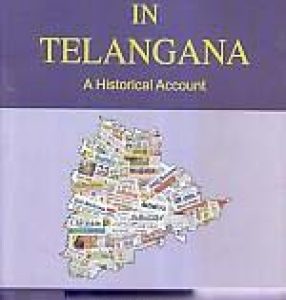
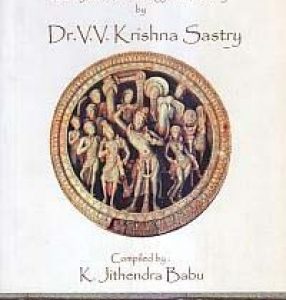
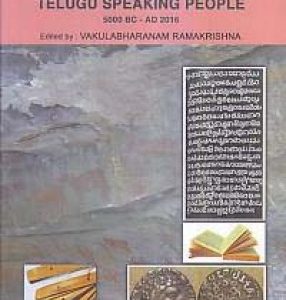

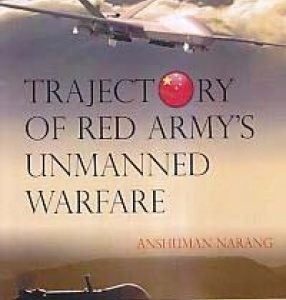
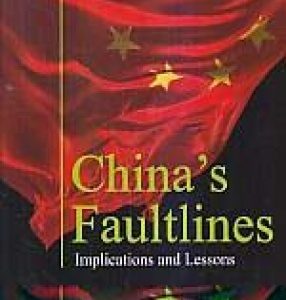

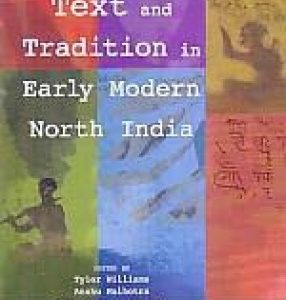
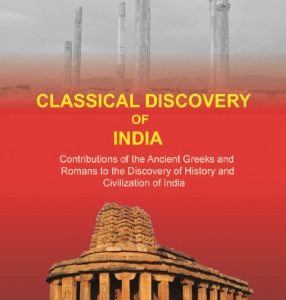
Of all the countries of the ancient world, it was India that attracted the utmost attention of ancient Greeks and Romans. The classical accounts of India is the best of all foreign accounts of ancient India that have come down to us.
This is a pioneering work in the field of the study of Greek and Roman accounts of ancient India. In this work, the author has brought to light the facts discovered by the classical writers regarding geography and ethnography of ...

In this book, an analytical and critical account of the political history of early modern India is provided. The book covers the complete syllabus of Modern History for the main civil services examination and has material that is immensely helpful for the prelims as well. The contents of the book are extremely relevant as they have been prepared after a thorough analysis of the current syllabus. Moreover, the book also consists of numerous solved practice papers ...
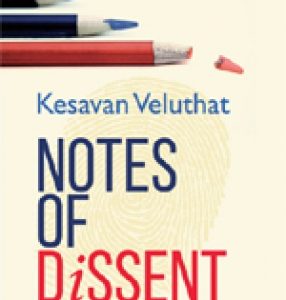
Brought together here are ten essays, characterized by their dissent to the commonly accepted notions in the field, a first requirement for the growth of knowledge. Issues such as the dialectical process in the religious history of India; the much talked about Mauryan presence in south India; the contradictions in the construction of Kaliyuga in Puranic literature; political criticism in Sanskrit kavya poetry; regional identity and its varied perceptions; ...

Art, literature, music and other intellectual expressions of a particular society are together regarded as the culture of that society. Ideas, customs, and social behaviour of a particular people or society are also its ‘culture’. Contrary to what we think, it is not easy to describe ‘culture’, nor is it easy to write the cultural history. Writing the history of Bengali culture is even more difficult because Bengali society is truly plural ...
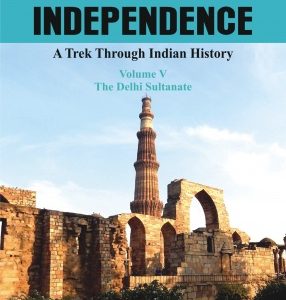
This is the fifth volume in the series on Indian history with the generic title From Indus to Independence: A Trek through Indian History. It covers the period from the establishment of the Delhi Sultanate (accepted as 1206 by most historians) and its defeat and obliteration by Babur the Mughal in 1526. The initial phase of the Delhi Sultanate was more a military occupation than the establishment of an empire and accordingly was chaotic, violent and turbulent. ...
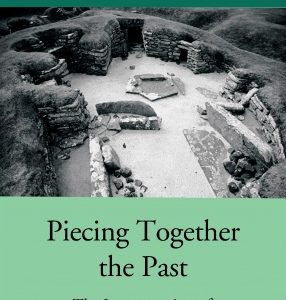
This book brings together knowledge from V. Gordon Childe based upon his lectures on the principles of archaeological classification, the current terminology and the implicit interpretative concepts. It also examines meanings of technical terms and methodologies used in prehistoric archaeology and would be useful for the students of History, Archaeology and pracising archaeologists.
V Gordon Childe was a remarkable man who is considered the father of modern ...

Syama Prasad Mookerjee was the founder of the Bharatiya Jana Sangh, the predecessor of the Bharatiya Janata Party (BJP). He is undoubtedly one of the most iconic and controversial leaders in India's recent history. In spite of his significant political and ideological differences with Jawaharlal Nehru, Dr Mookerjee was inducted to the first cabinet of independent India. However, following the Delhi Pact between the Prime Ministers of India and Pakistan, Dr ...

The text-archaeology correlation in respect of the Harappan Civilization shows that the Harappans and the people of the Rgveda were part of the same multi-ethnic, multilingual, multicultural geographical and chronological space; that a prolonged phase of geo-climatic devastations ravaging the Vedic Harappan subcontinent triggered an Ideology of nature worship in which prayers could be recited only in the Vedic dialect which, in-turn, put the Vedic-speaking ...

